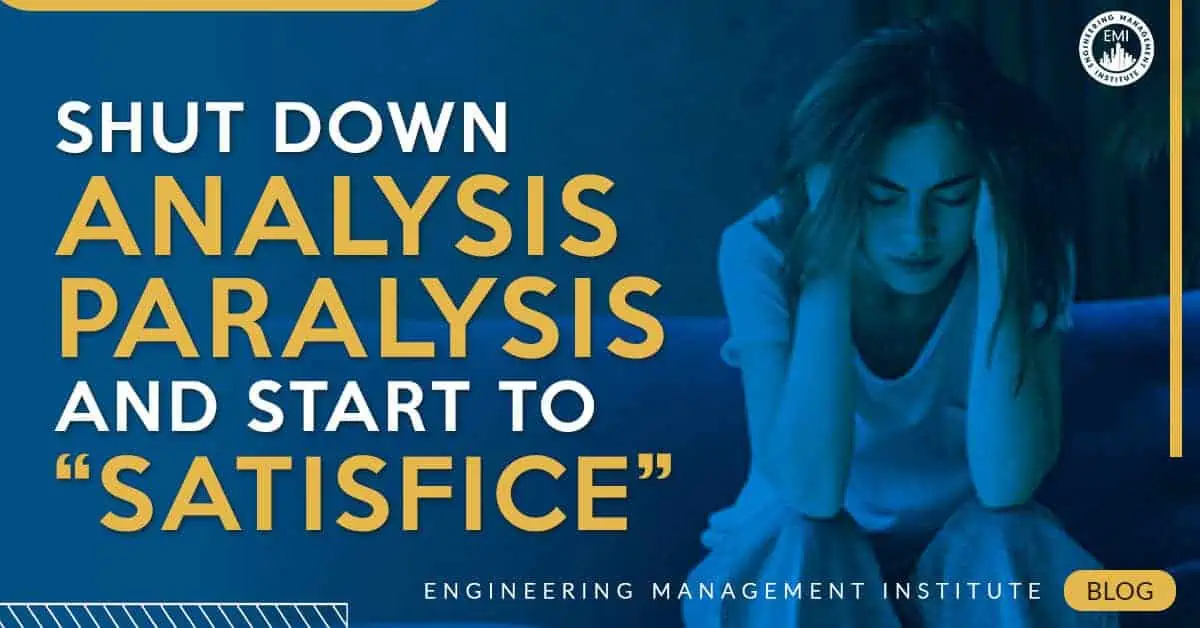
Do you struggle to make decisions? Most of us do—at least when dealing with something significant. Do you find yourself trapped by analysis paralysis? Many of us do. We think and we think and we think, and then we think some more. And maybe we eventually act.
I believe decision-making and analysis paralysis are intertwined. You can throw decision fatigue into that mix as well. Decision fatigue occurs because we simply have too many decisions to make on any given day. Check out this site for lots more on decision fatigue. In his book “The Paradox of Choice: Why More Is Less,” Barry Schwartz delves into why we struggle to make decisions.
In his neighborhood supermarket, he found 285 varieties of cookies. Can you pick just one? The average supermarket carries nearly 40,000 items for you to pick from. It gives me a headache to even think about those choices.
You may be thinking: “Great, Pam. Thanks for telling me something I already know. Tell me something I don’t know that will make all this easier.” Meet the word “satisfice.” It is a combination of “satisfy” and “suffice,” according to the Urban Dictionary. The more traditional Merriam-Webster defines “satisfice” as to pursue the minimum satisfactory condition or outcome.
Go back to your decision-making and analysis paralysis issues. Can you come up with an answer that will satisfice? Remember: 80% is better than perfect. That’s an answer that will satisfy you and others involved. It’s an answer that will suffice to shut down your analysis paralysis.
Maximizers get stuck in the decision loop because they are always looking for the perfect answer. They research, then research more, and so on. This way of thinking is exhausting. And can result in poor choices.
According to Psychologist World: “Given that maximisers task themselves with making the most informed, intelligent decisions, we might expect that the outcome of their approach would be superior, more satisfying decisions. Yet, this assumption has been contradicted by numerous studies, which have found that maximisers are often less effective in a decision-making environment and suffer under the pressure of high self-expectations. Setting unachievable goals for ourselves may itself impede our ultimate goal when making choices — making a choice that we will be satisfied with.”
Satisficers, on the other hand, evaluate options until they find a solution that is good enough. They tend to be pragmatic and look for cost savings. They ask such questions as “Is it perfect? No? Will it do the job? Yes.”
Schwartz advises: “The trick is to learn to embrace and appreciate sacrificing…It makes regret less likely. In the complex, choice-saturated world we live in, it makes peace of mind possible.”
Watch Schwartz’s TED talk for an entertaining discussion of making choices. You’ll be glad you did.
Like this article? Check out more articles on our News page. Want to assess your leadership skills? Check out our Resources page for a variety of quizzes.